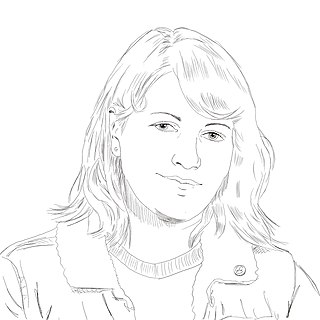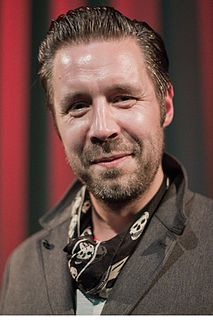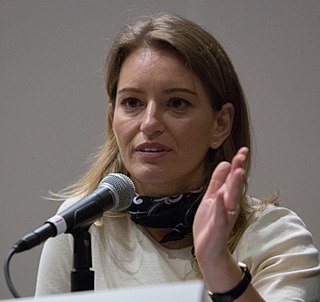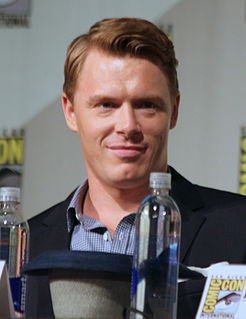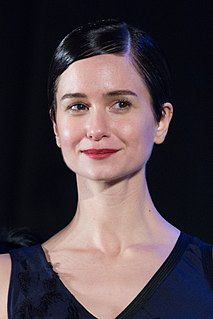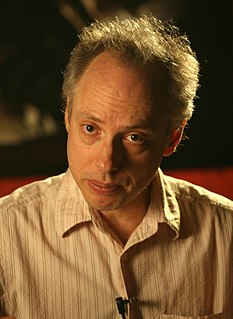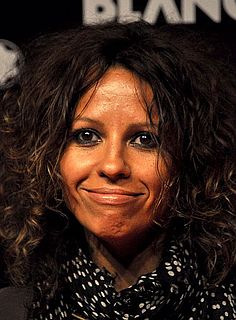A Quote by Kate Herron
Because I thought there's no point trying to second guess what people are looking for, because if I'm the right director for it, then I'll get the job.
Related Quotes
When you're just starting out in the TV business, you don't know anything at all, and you think you're doing a better job than everyone else around you, and you just sort of presume that you're not getting the credit you deserve. And then when you start to get better, the pressure is extraordinary, and then you start to second-guess everything you do, and when people start looking to you for answers, for insight and for analysis and guidance, you start to wonder if you are the right person - even when you have all the information.
We were doing Scarface many years ago...and I remember having my coffee and looking at the beach, the surf, and I saw a hundred people looking out into the ocean. I thought, what's going on? Did some whale get washed up to shore? So I stood up on the table to see what it was, and it was the director, Brian De Palma, standing there alone by the surf and they were all waiting for him. And I never forgot that because it represented to me what a director is, what a director does.
People call you "director," but it really should be "economic manager." Because everything is "Well, we can do another take here, but then you're gonna lose that shot over there." Or "The sun's going down, sorry, you're outta luck. We can't afford to." You know? And meanwhile, how do you get the performer's performance? I'm thinking the whole time all about "How can I get my day done?" And my performances are primarily a result of casting the right people at the right time in the right parts. And then I do little modifications.
Record companies don't think creatively about what something could possibly be because they are not filled with creative people. Nobody's looking at the future of music because they're concentrating so hard on what they can get from it right this second. It's really hard to see an artist; it's a lot easier to see money.
In Hong Kong, in our generation that started out in the 1970s, being a director wasn't a big deal. We didn't even have director's chairs. We weren't particularly well paid. The social standing of a film director wasn't that high. It was a sort of a plebeian job, a second or third grade one. And the studio heads are always practical, there's never any fawning because someone is a director. There's very little snobbery about one's position as a director. The only ones people treated differently were those that were also stars; or the directors who also owned their companies.
My mom didn't run for mayor until she was 65 years old - it was like a second and third career.... The way I've always thought about it is that I don't believe you run for office because you want a job. I believe if you run for office, it's because you have a vision for change. And if I ever came to that point, that's what would lead [me to run]. And right now I'm happily in a position where I believe I can work to deliver impact and work for change.
I remember when I was a kid, with the acting thing, I resented it because, you know, you don't want to do what your parents want you to do. You got your own things. And the whole idea of getting a job because of who your father is - that didn't feel right. But after a while I guess I figured I must be doing something right, because people wouldn't keep hiring me if I didn't have something to give.
